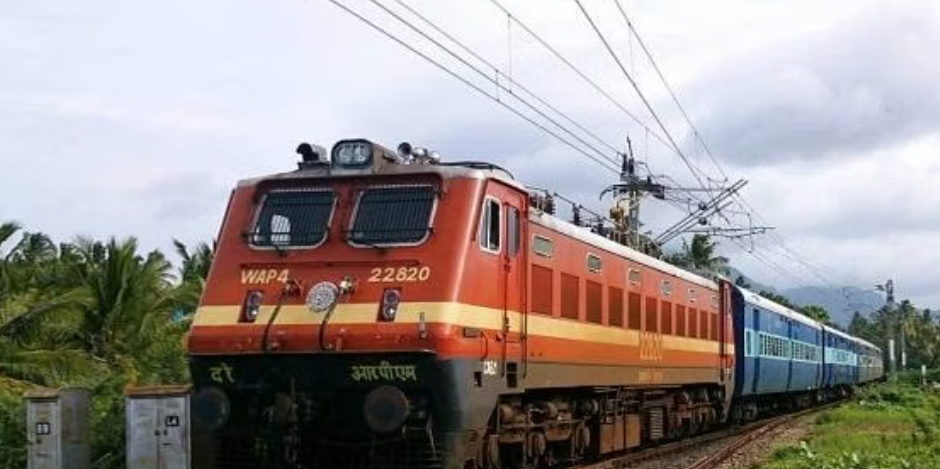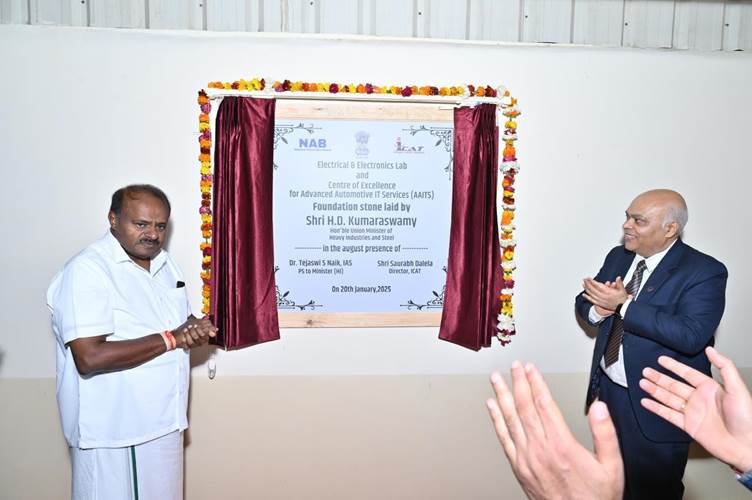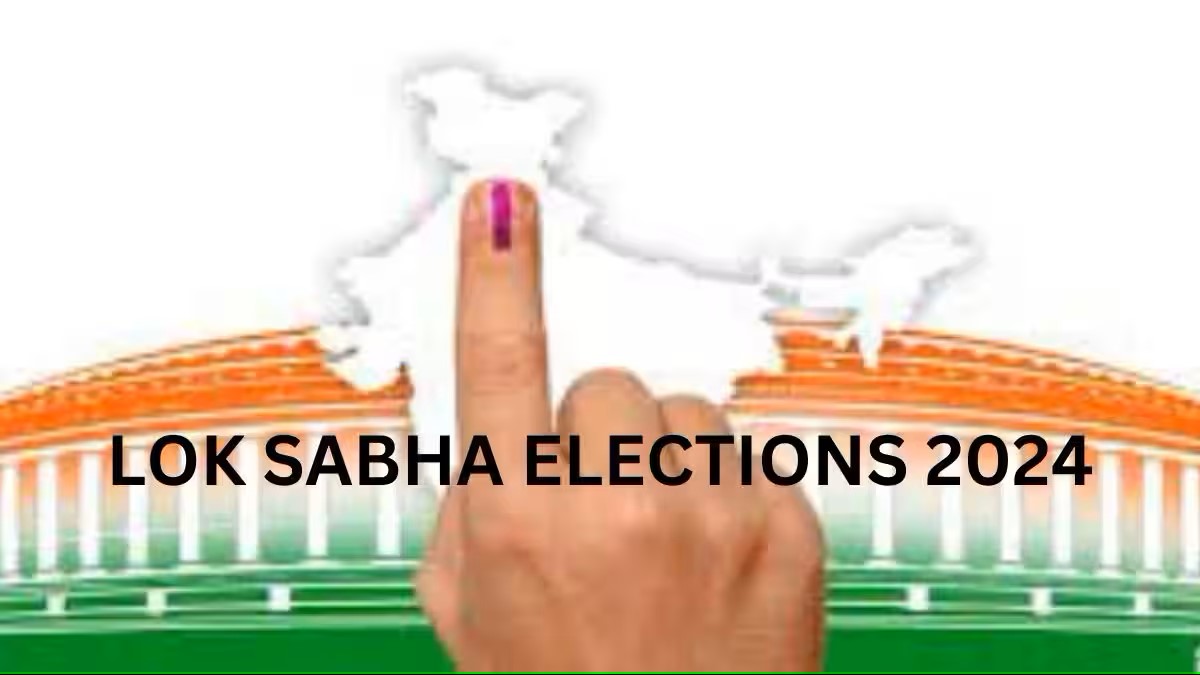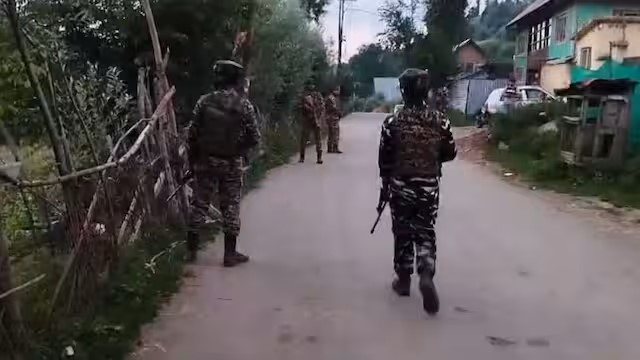Nearly five years after merging eight railway services into a unified civil service to streamline operations and reduce departmentalism, the Indian government is reconsidering its approach. The Ministry of Railways is now poised to reverse the 2019 decision by introducing separate recruitment examinations for technical and non-technical services.
As first reported in August, the Ministry of Railways has decided to recruit through two distinct exams: the Civil Services Examination (CSE) for non-technical roles and the Engineering Services Examination (ESE) for technical positions. This change was confirmed in a letter dated 5 October to the Department of Telecommunication, which is responsible for overseeing the ESE. The letter stated Ministry of Railways has been recruiting officers for the Indian Railway Management Service (IRMS) through the Civil Service Examination since 2022. Now, recruitment will be conducted via both the CSE and ESE.
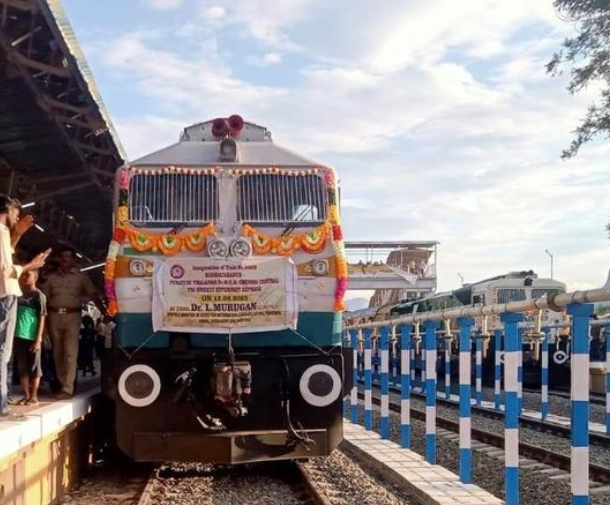
The Department of Personnel and Training (DoPT) has granted its in-principle approval to this proposal, acknowledging the unique requirement for both technical and non-technical manpower in the railways. This shift is driven by a shortage of technical officers following the 2019 merger, as many of the officers recruited under the IRMS have been generalists, lacking core engineering expertise.
The railways have requested the telecommunications ministry to add 225 engineers to the ESE 2025 notification as technical officers and extend the application deadline to allow more candidates to apply.
This decision has caused a divide within the railway bureaucracy. While some officials believe the move is necessary to address operational challenges, others fear it may demoralize officers recruited under the unified IRMS. A senior official noted that the reform is effectively being reversed, despite the cabinet’s decision in 2019 to create a single service for greater efficiency.
The restructuring of railway services initially aimed to end departmentalism by merging non-technical civil services—such as the Indian Railway Accounts Service (IRAS) and Indian Railway Traffic Service (IRTS)—with technical services, including the Indian Railway Service of Engineers (IRES) and Indian Railway Service of Signal Engineers (IRSSE). Officers for these services were previously recruited through separate UPSC exams: the CSE for civil services and the IES for technical positions. The 2019 reform merged them into the IRMS, with recruitment taking place solely through the CSE since 2022.
Now, the railways propose returning to the old system, with technical officers in departments like civil, mechanical, electrical, and signal engineering once again being recruited through the ESE. While two IRMS batches from 2022 and 2023 have already been recruited, it remains unclear how this decision will affect those officers.
The reversal of this major railway reform has raised concerns about its impact on the railways’ long-term strategy, with some fearing it may undermine the government’s previous efforts to streamline the sector.

